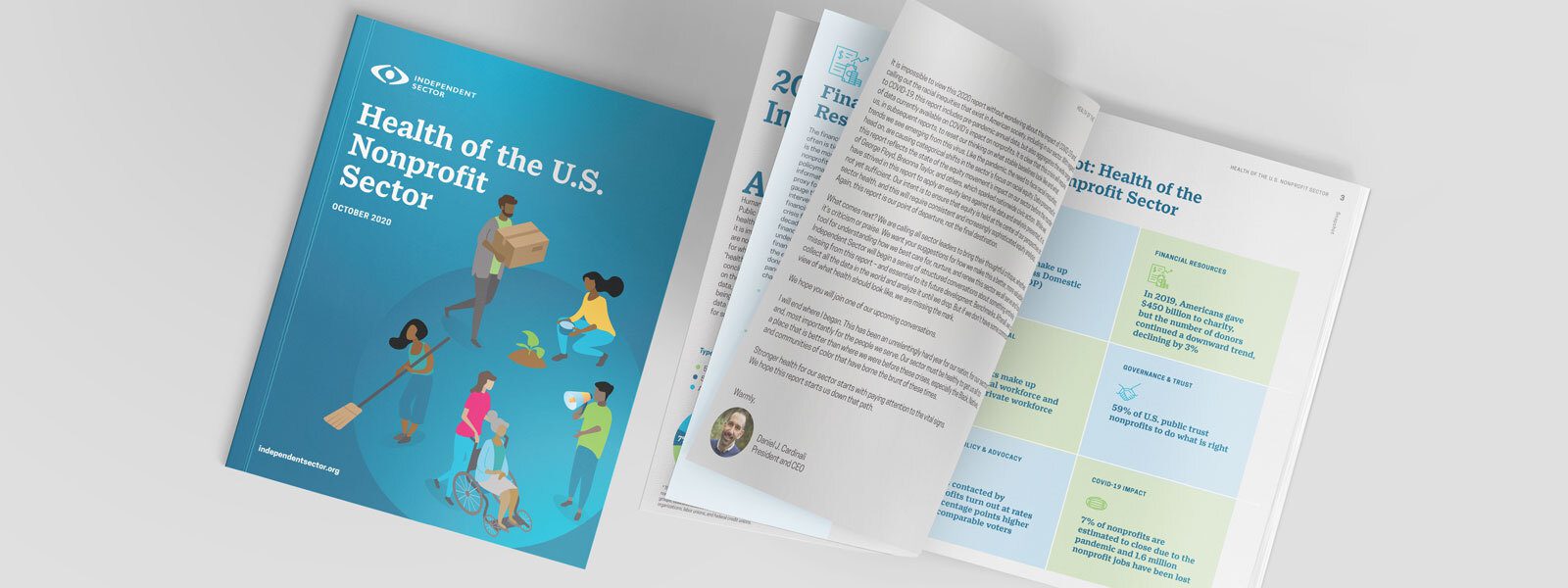Keeping it Ethical is our weekly blog series highlighting the 33 Principles for Good Governance and Ethical Practice. Throughout the series, we hope to highlight the importance of each Principle, the helpful resources associated with it, and learn more from you about how you’ve incorporated these Principles into your charitable organization.
If you work at a nonprofit organization, you know when activity quickens, anxiety grows, and requests for updated information come fast and furiously — it must be time for a board meeting!

But exactly what is “the board,” and what does the board do?
You know how your CEO’s job is to advance your organization’s mission, and ensure that there are adequate resources and properly supervised staff for day-to-day work? Well, the board’s job is to make sure that all that gets done.
While the board isn’t “wooden,” it swings a great deal of weight. Considered a governing body, boards are generally comprised of a group of nonprofit executives with a particular interest in your organization’s mission. While you may not see your board members every day, they are directly responsible for oversight of your organization, including:
- Establishing the organization’s vision and mission
- Ensuring that the organization’s obligations are properly fulfilled and that assets are protected
- Seeing that financial, human, and material resources are appropriately used to further the organization’s mission
- Establishing a risk tolerance level that is appropriate for operations
- Setting policies and procedures that are consistent with the organization’s mission and values
For smaller organizations without staff, nonprofit boards are often also directly responsible for ensuring the delivery of the organization’s programs and services.
For more information on the role of nonprofit boards, refer to Principle 8: Board Responsibilities. And if you’re starting a new nonprofit, here’s an example of resources that are available to help you establish your Board of Directors.
Know of other good resources that support this Principle? We encourage you to share them in the comments box, or by using #npethics on social media.



